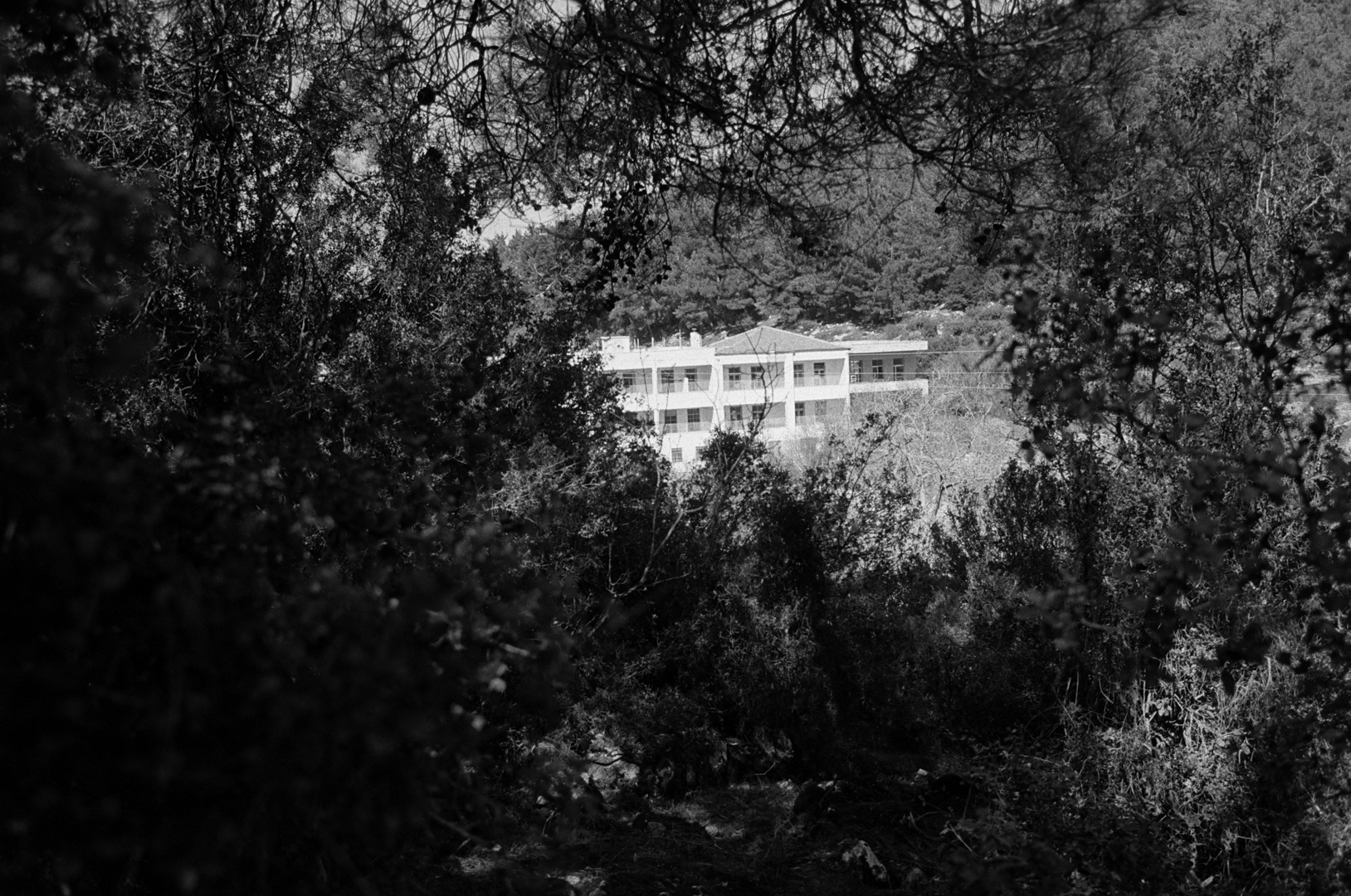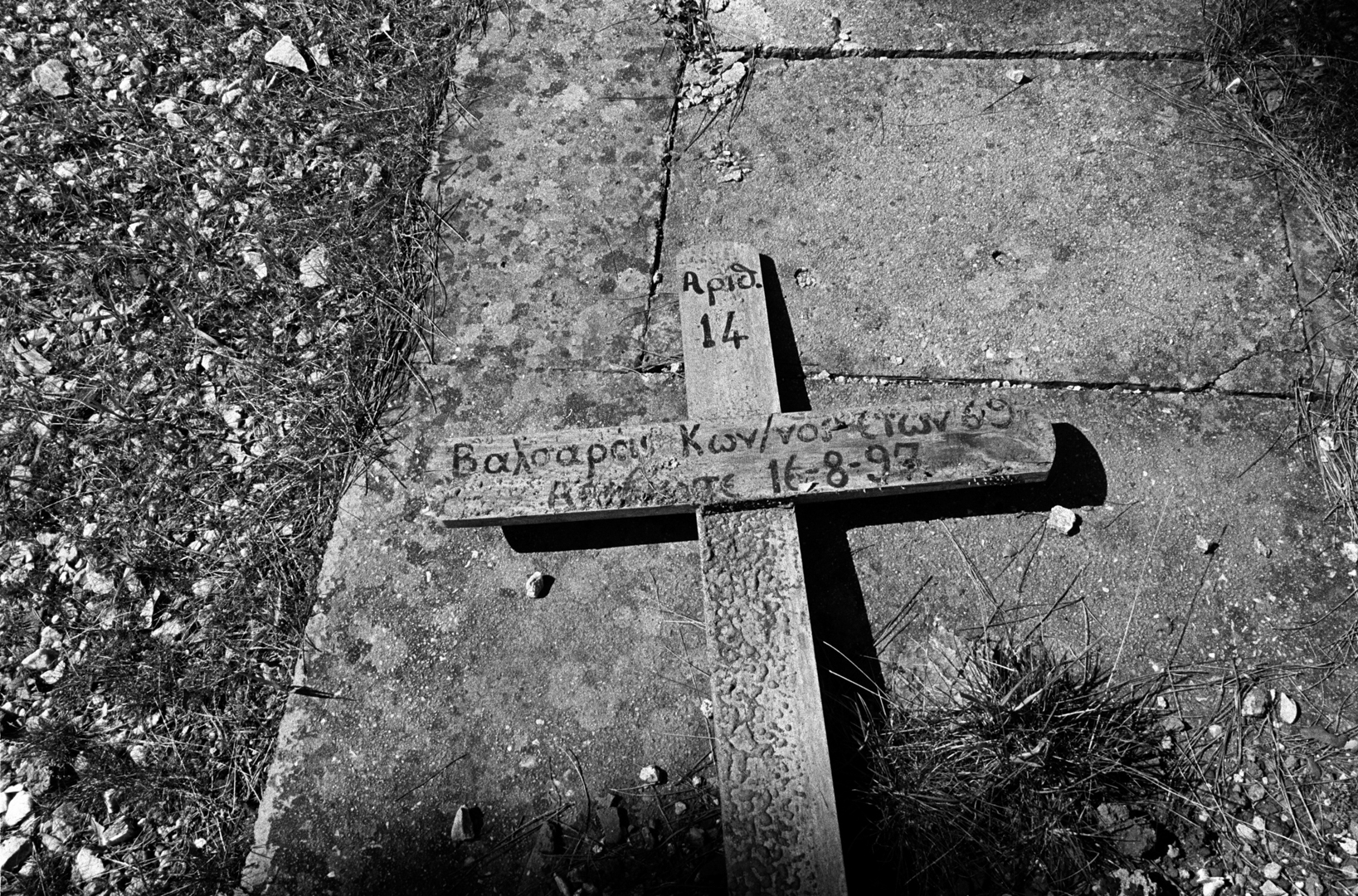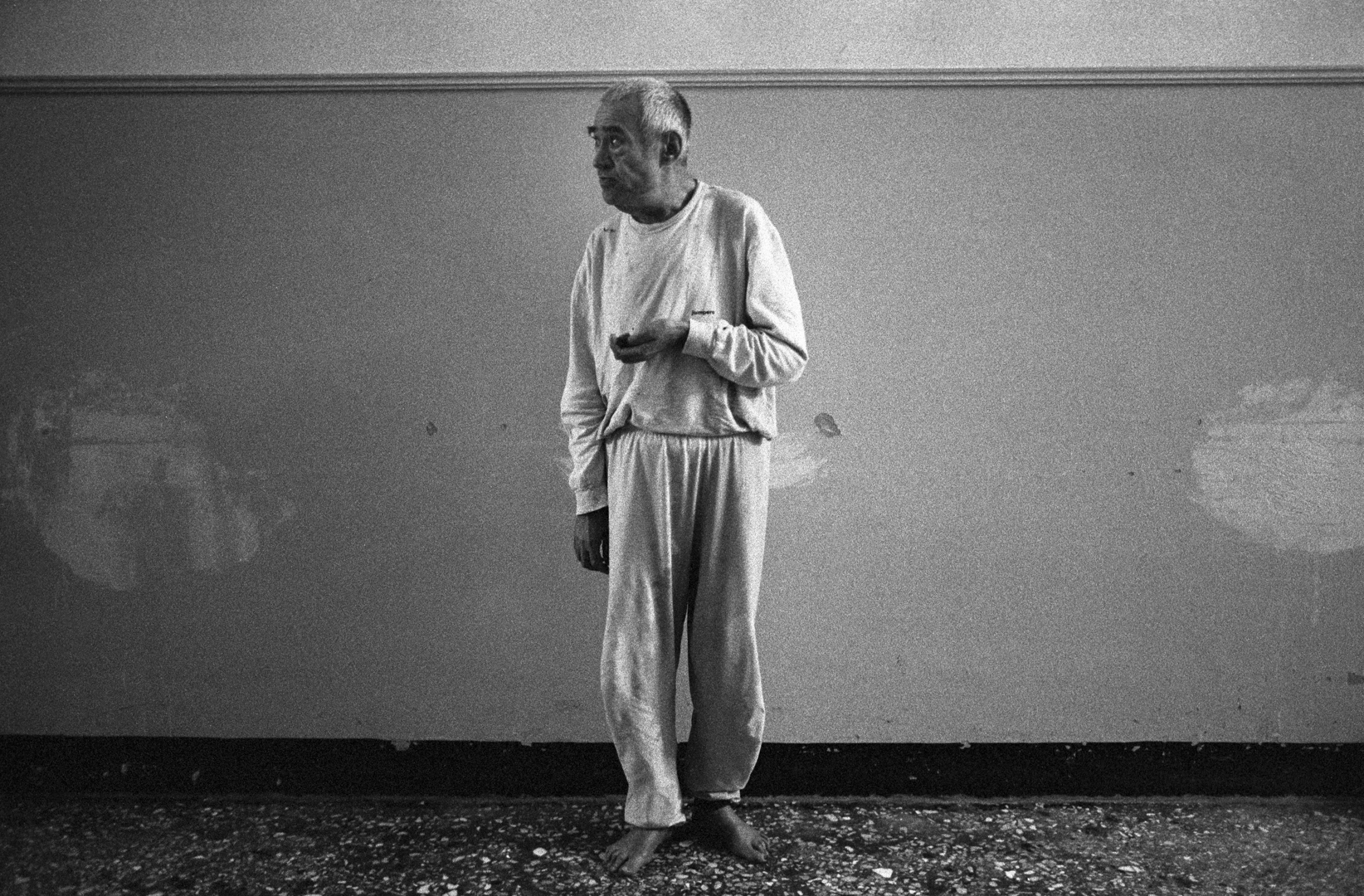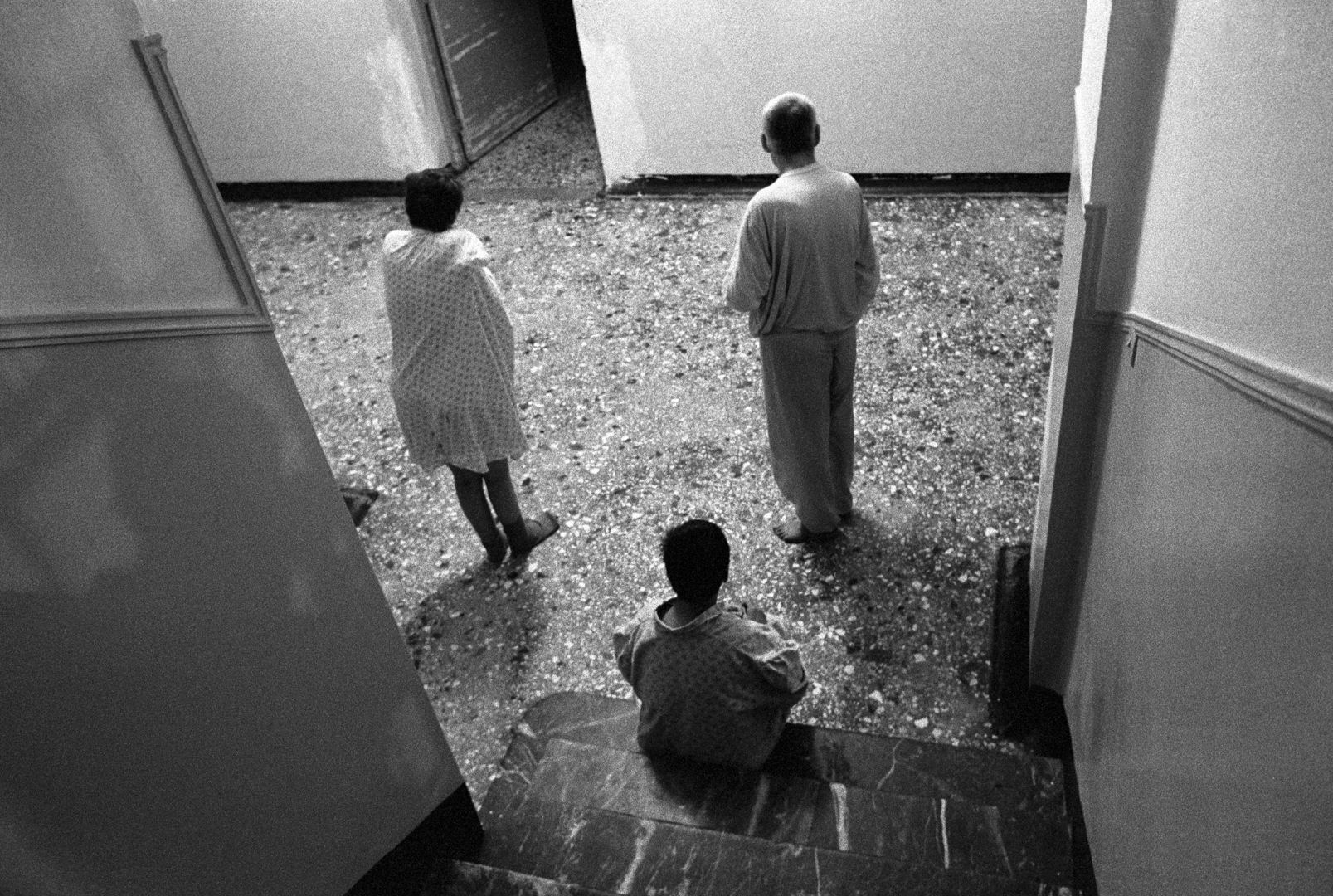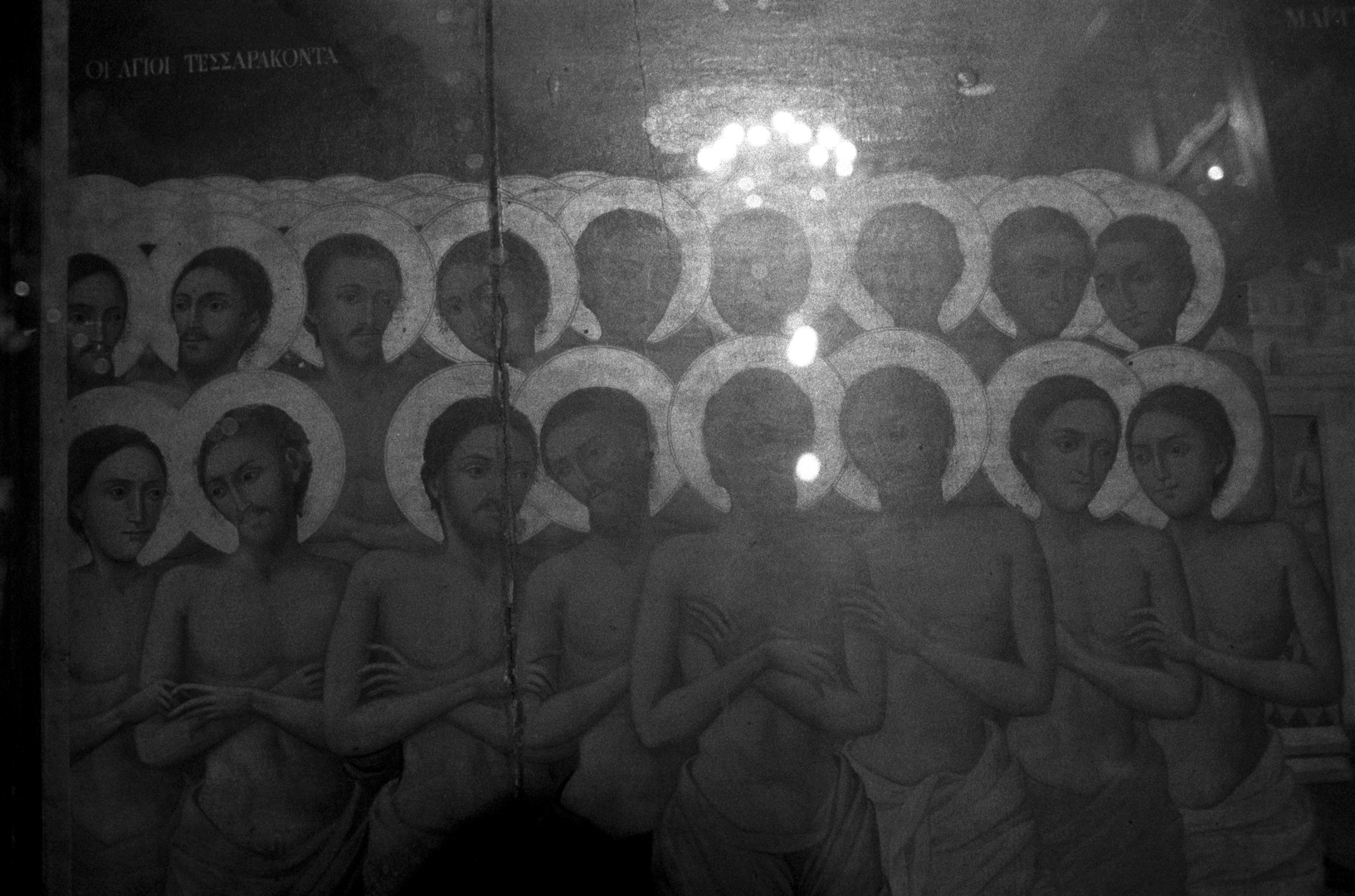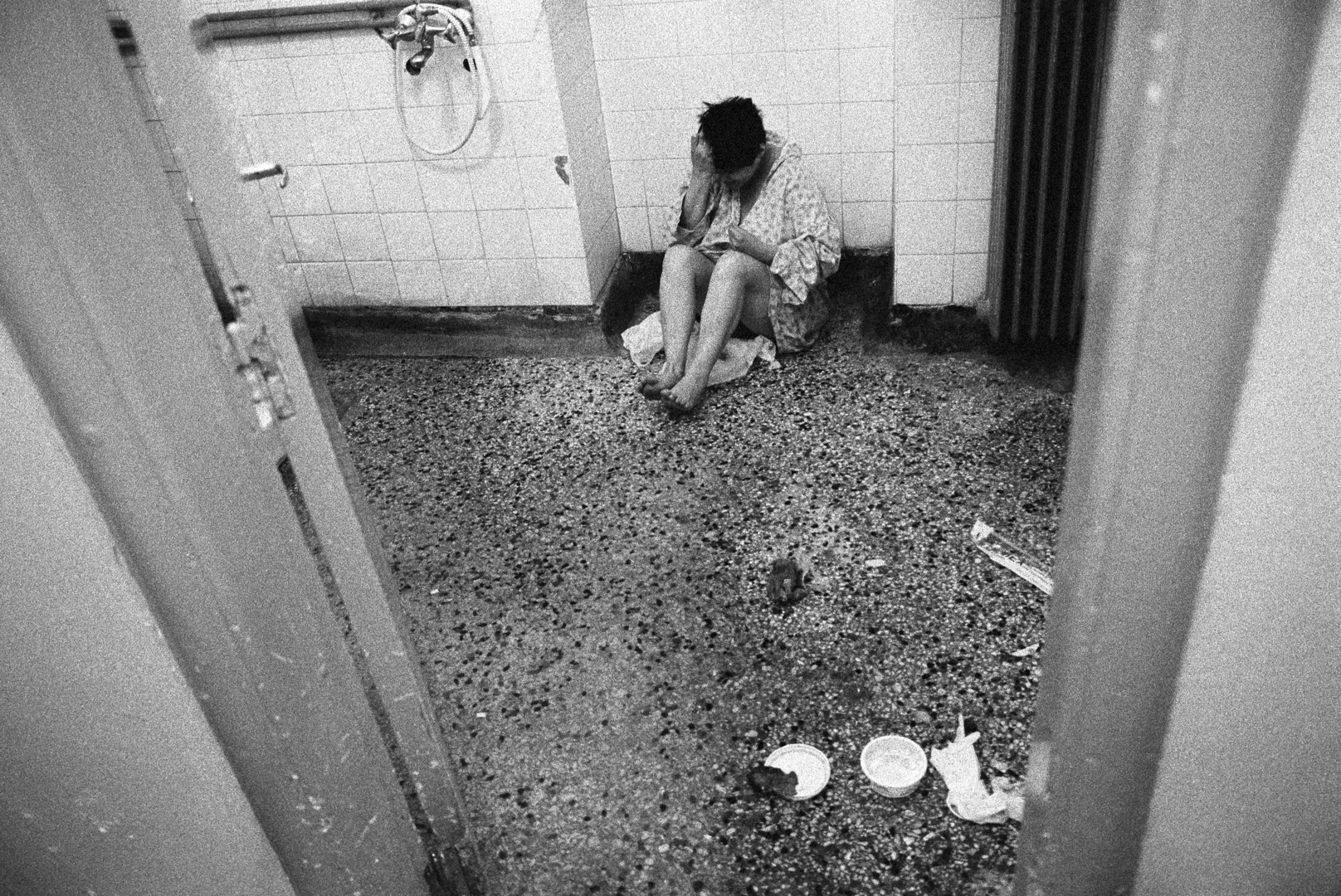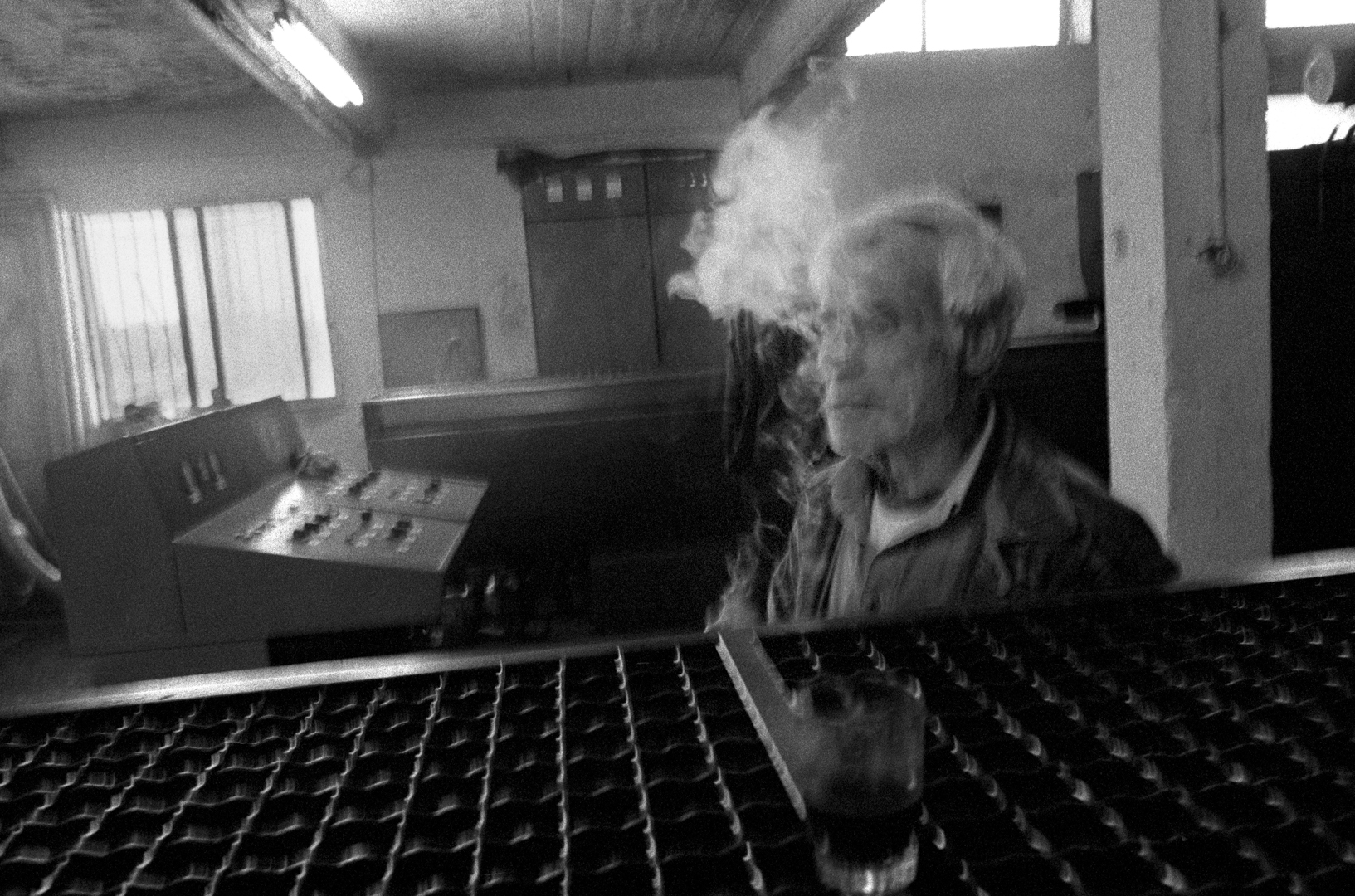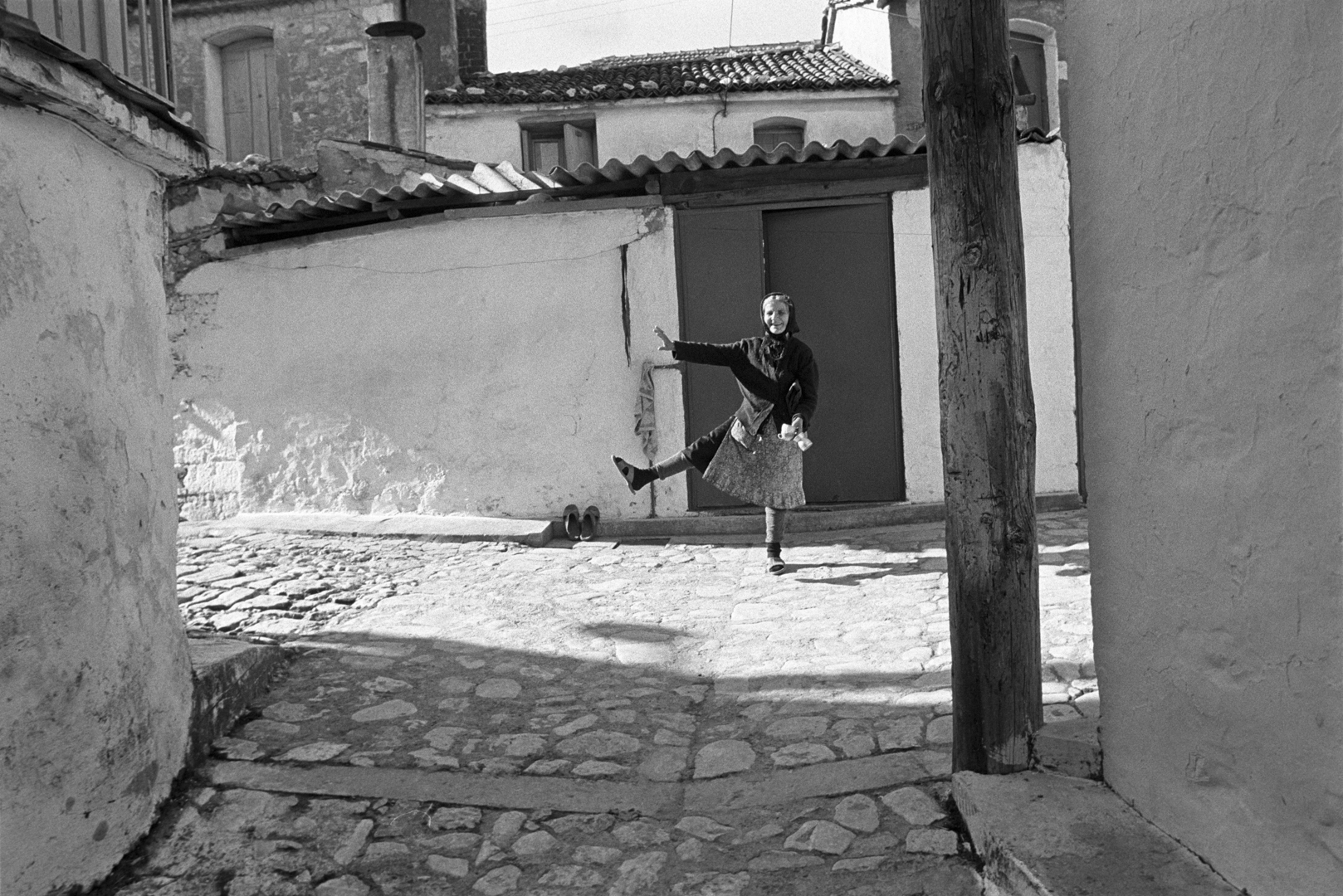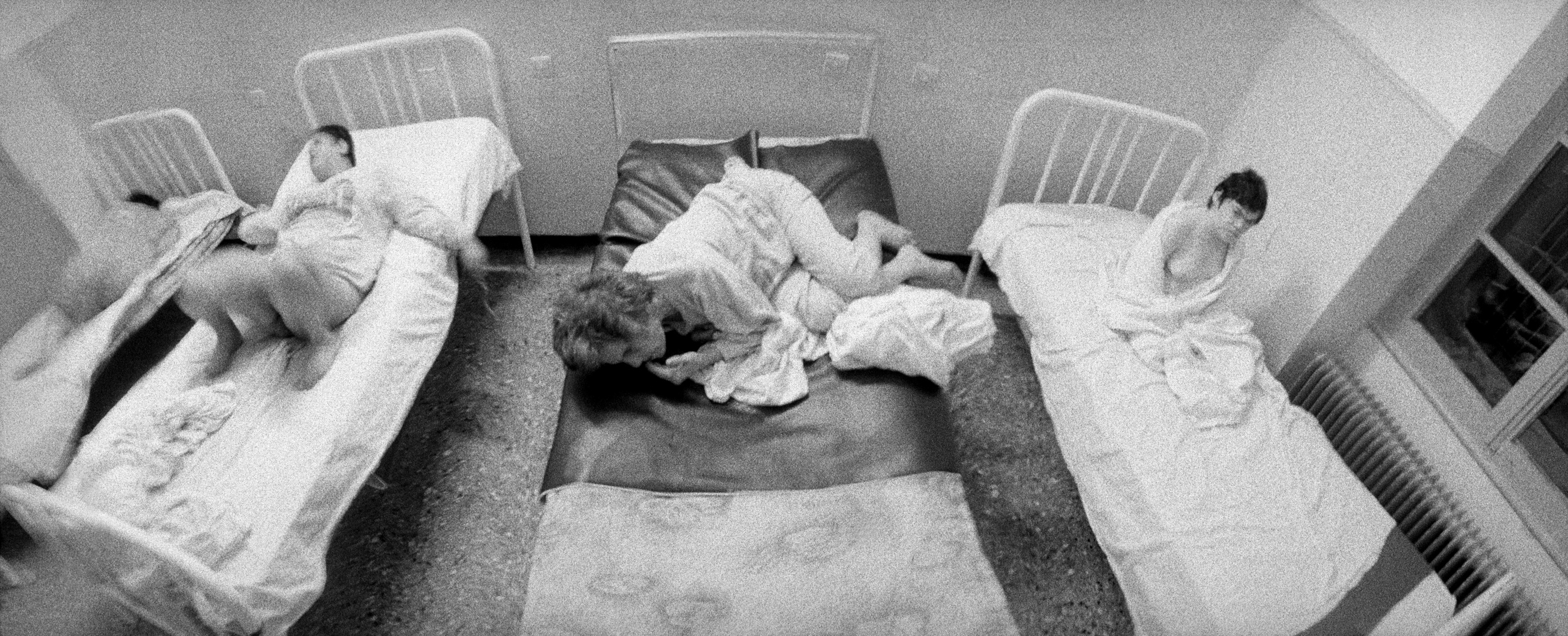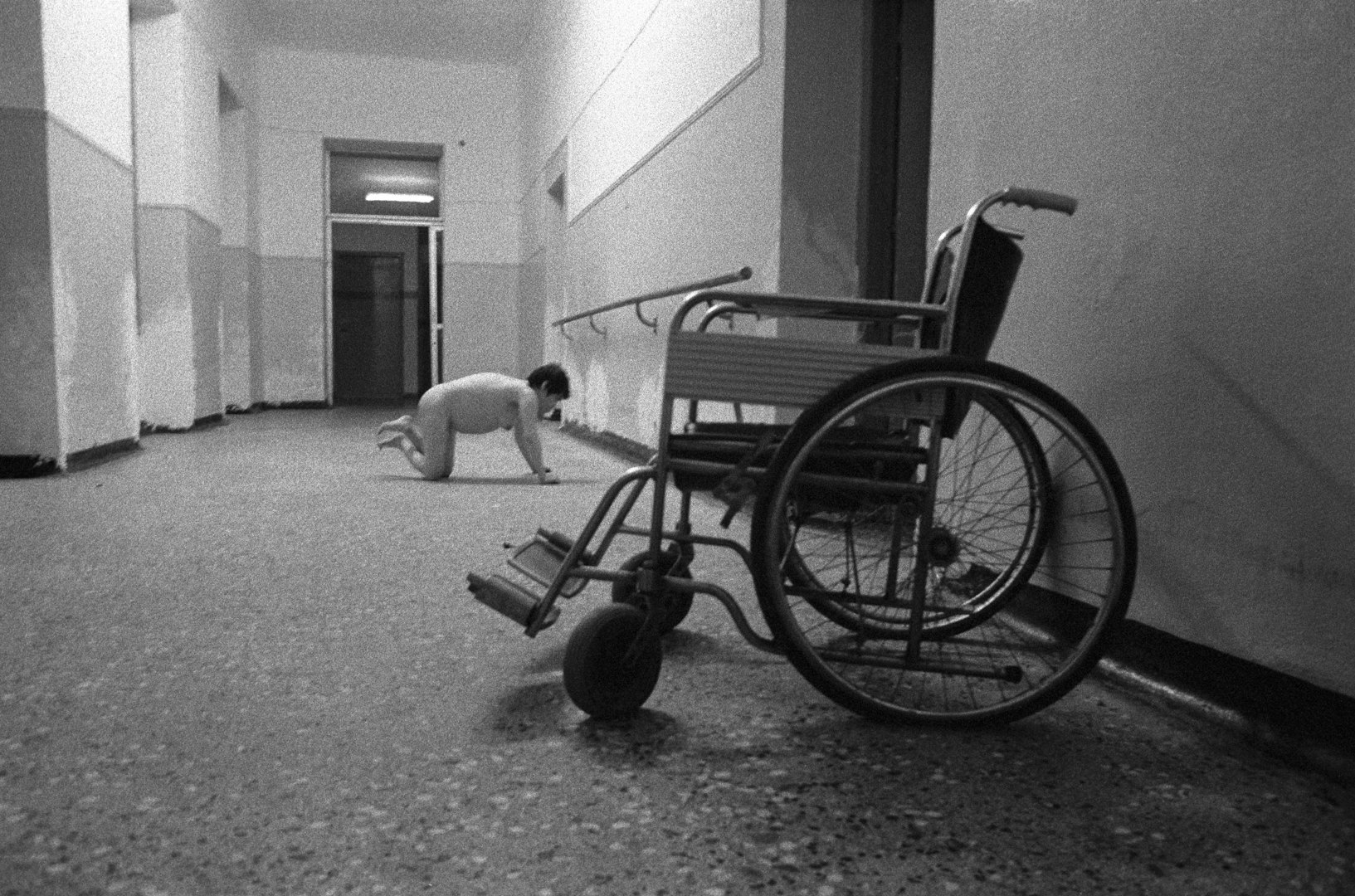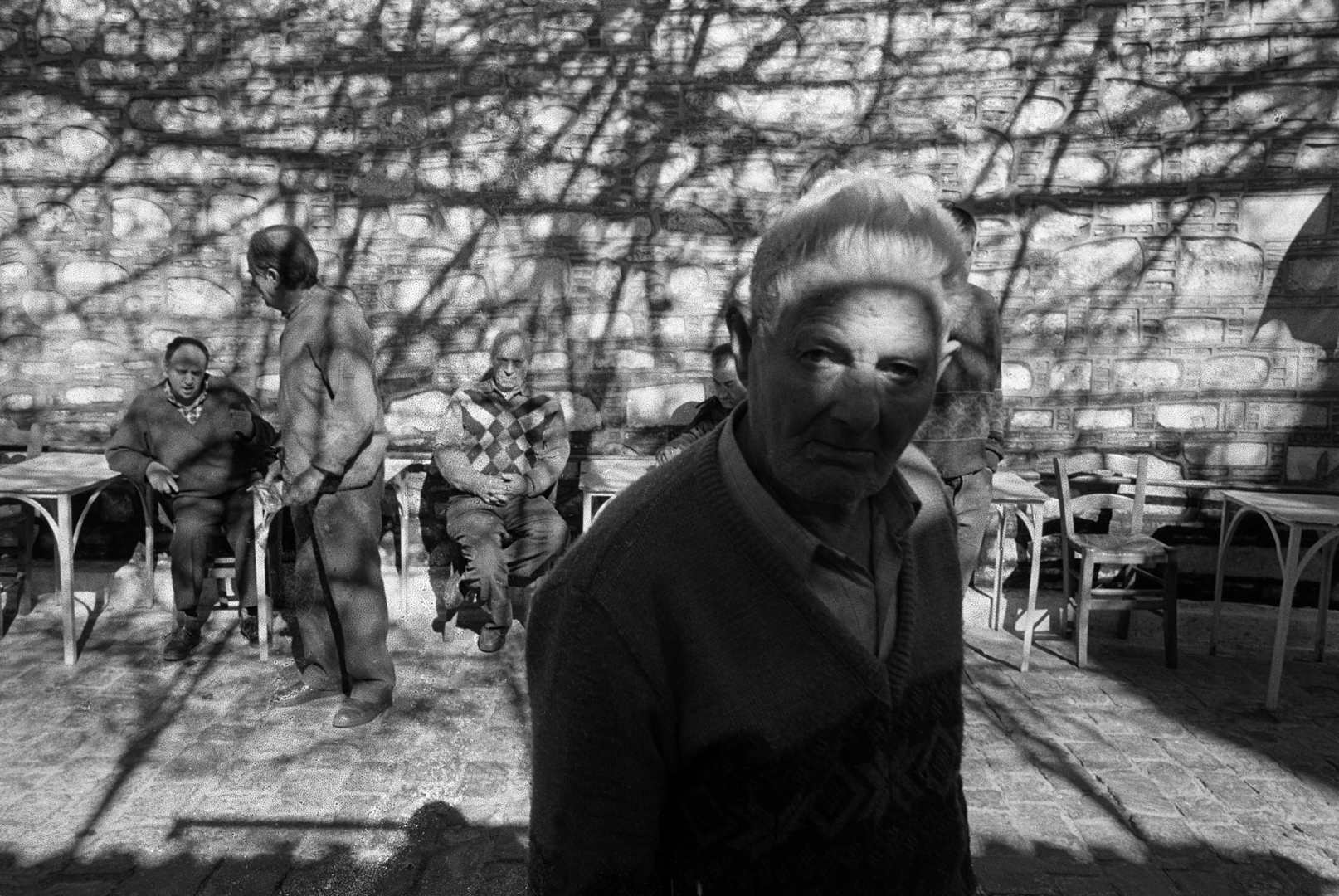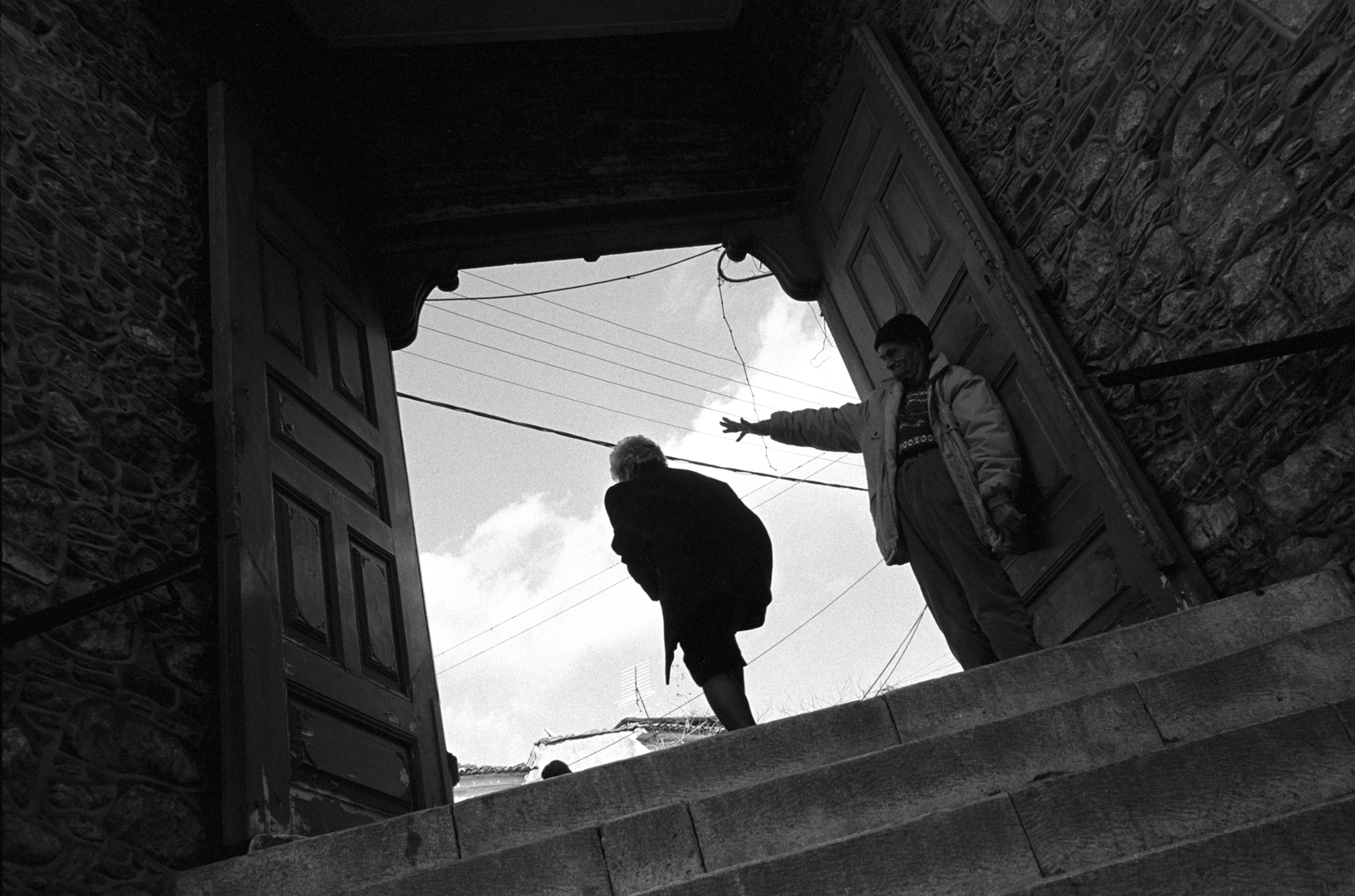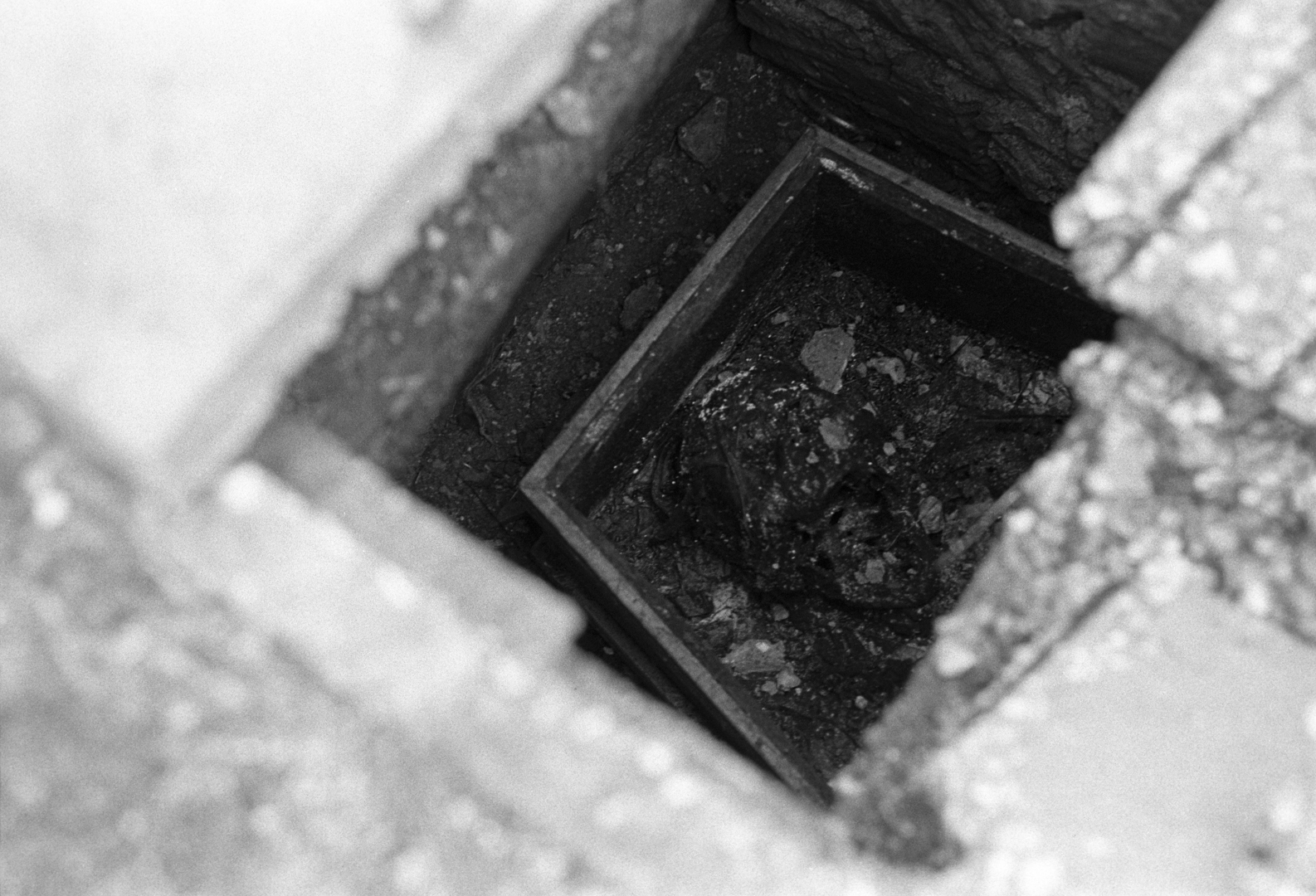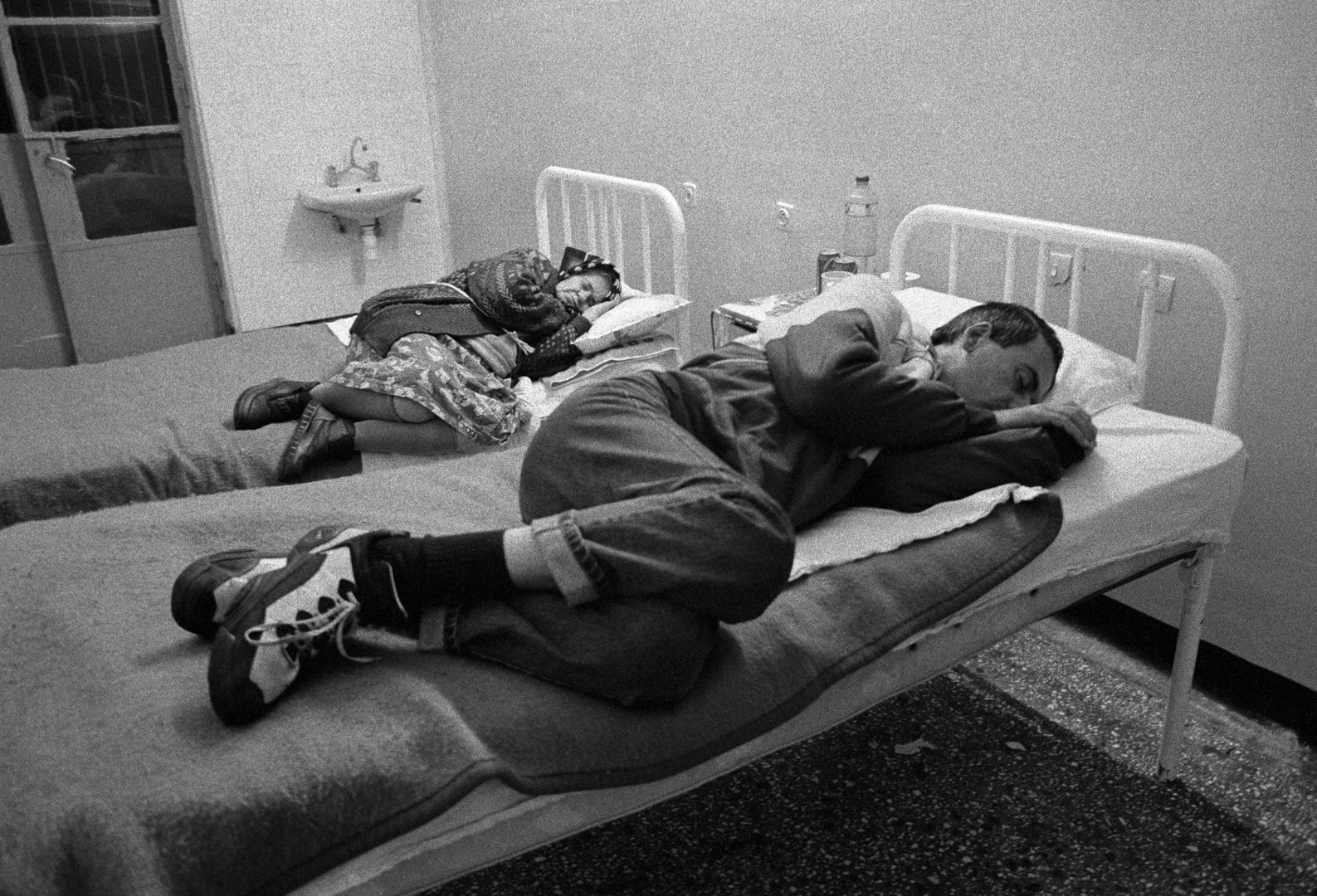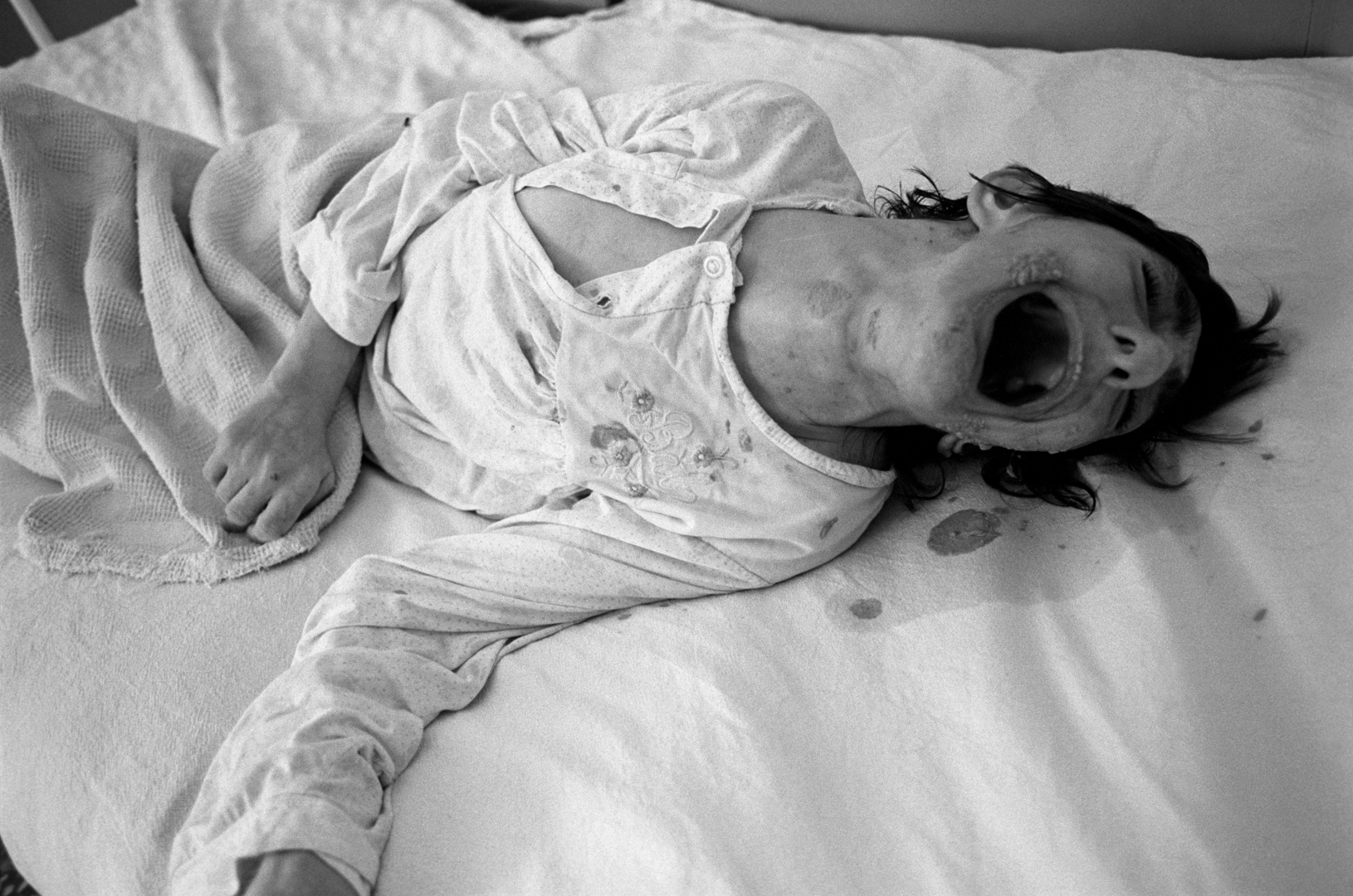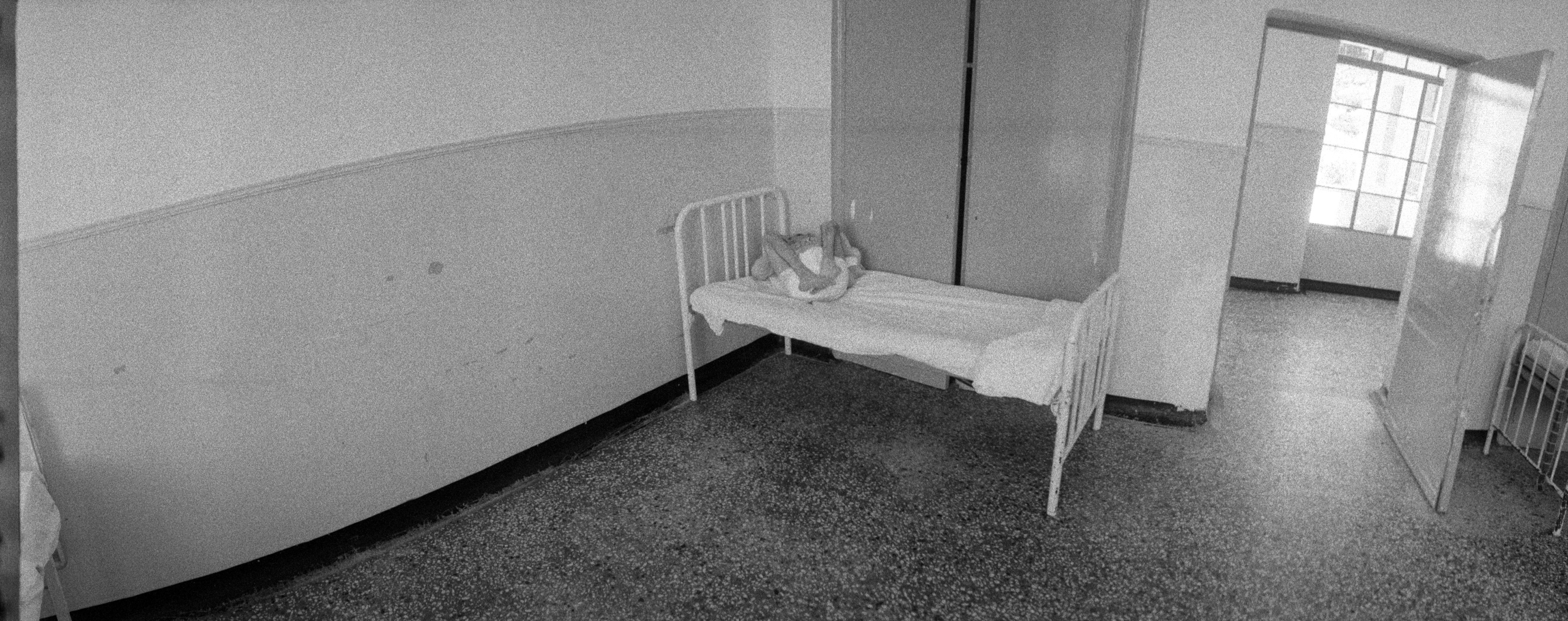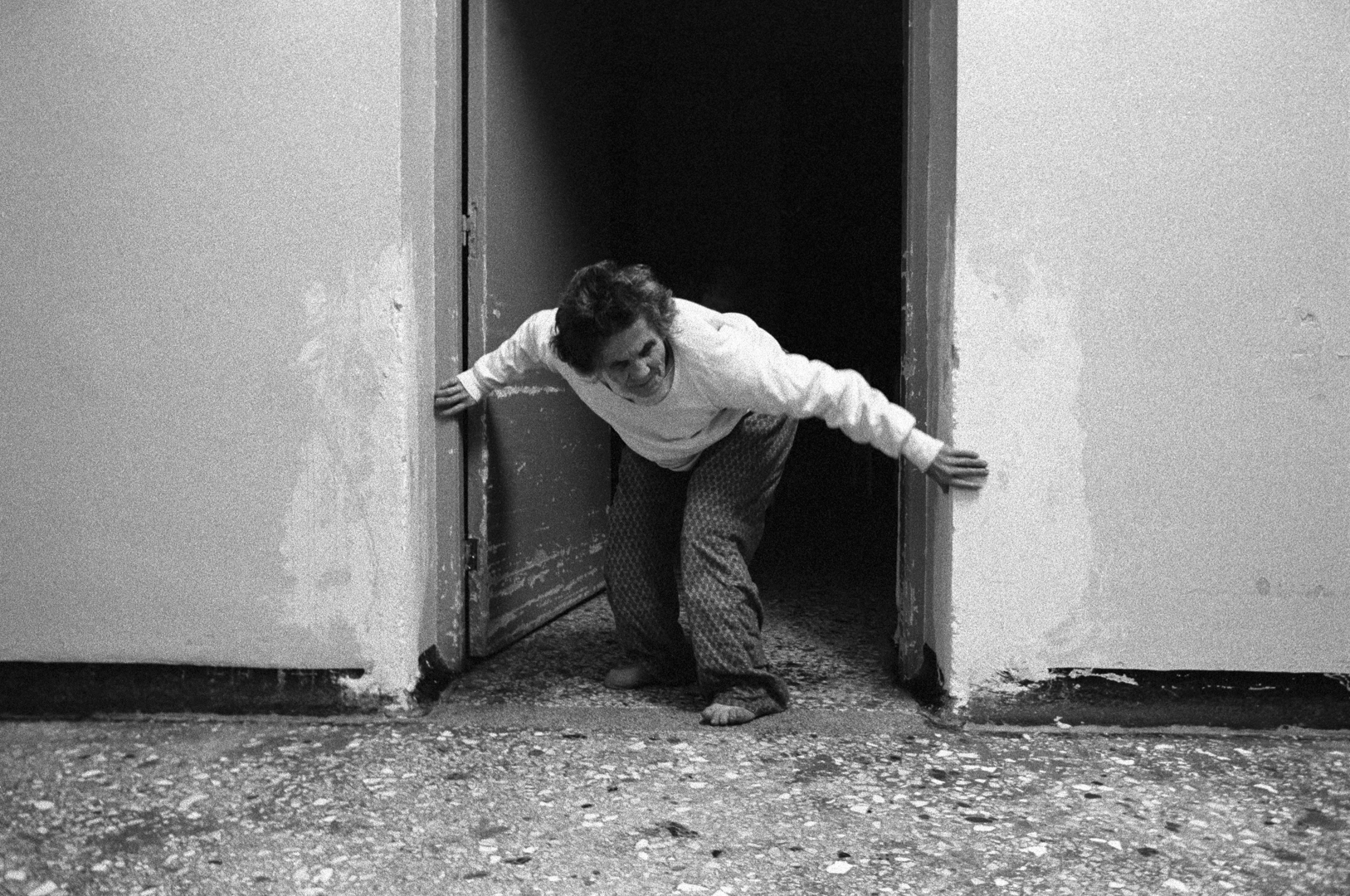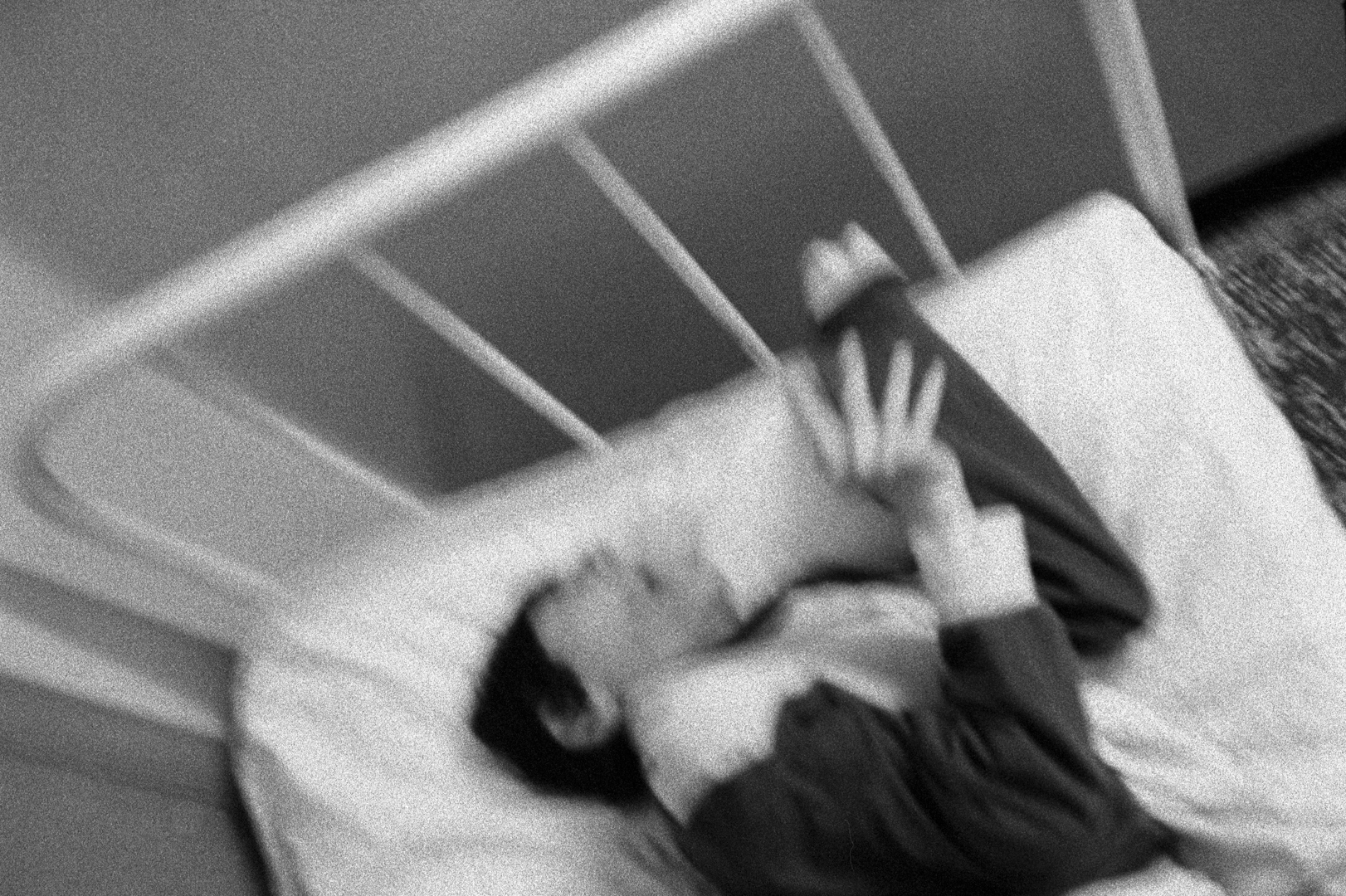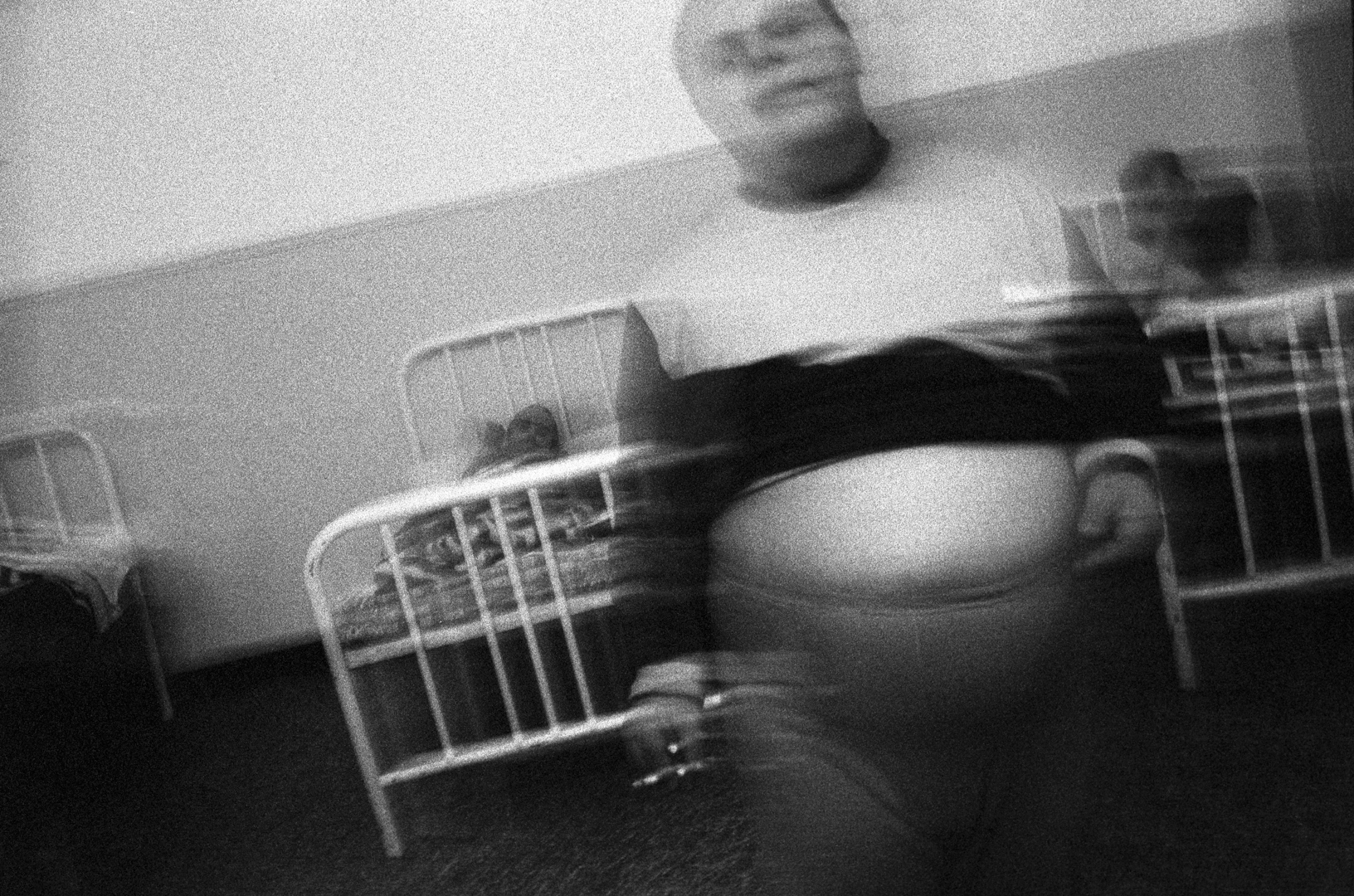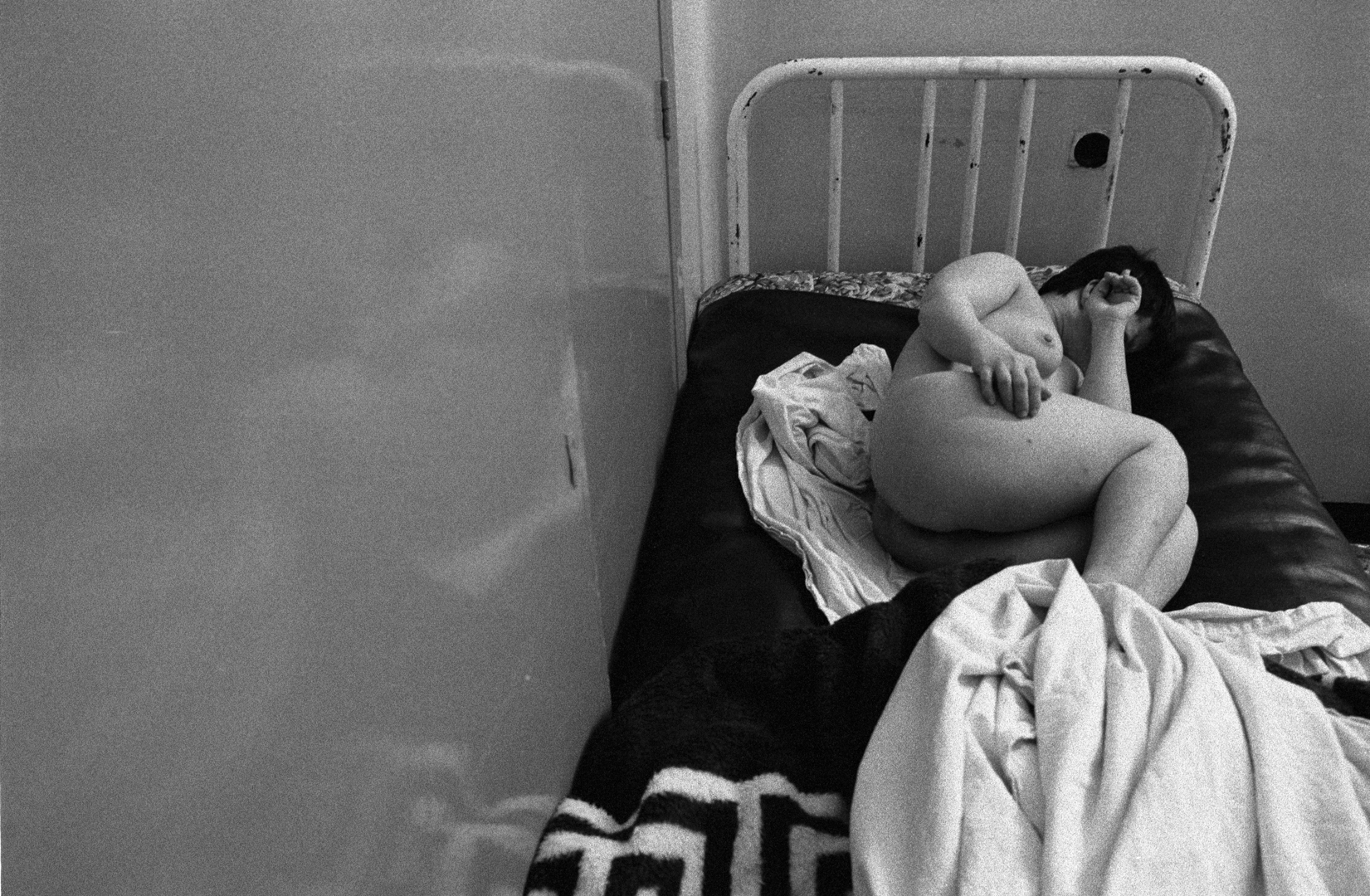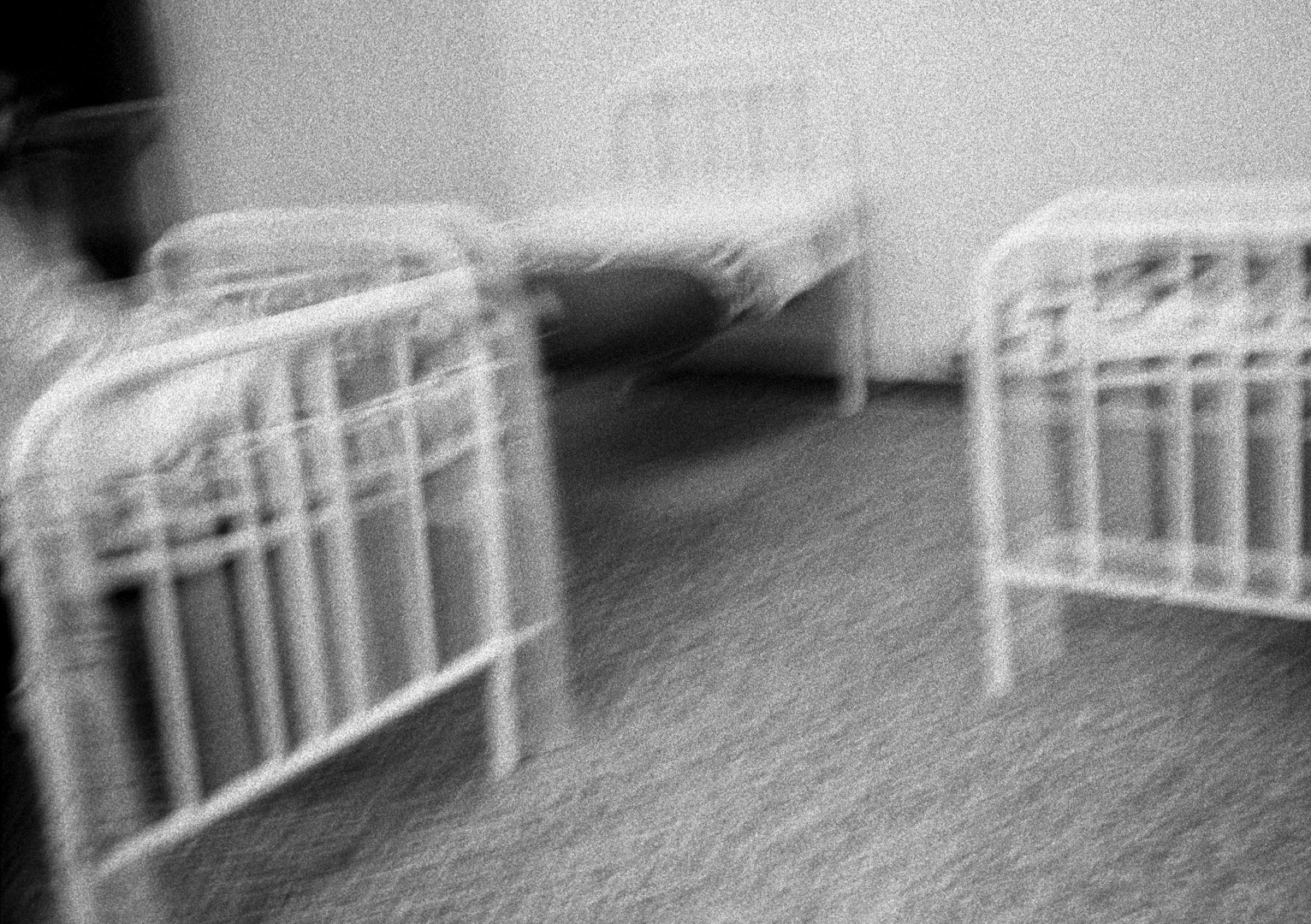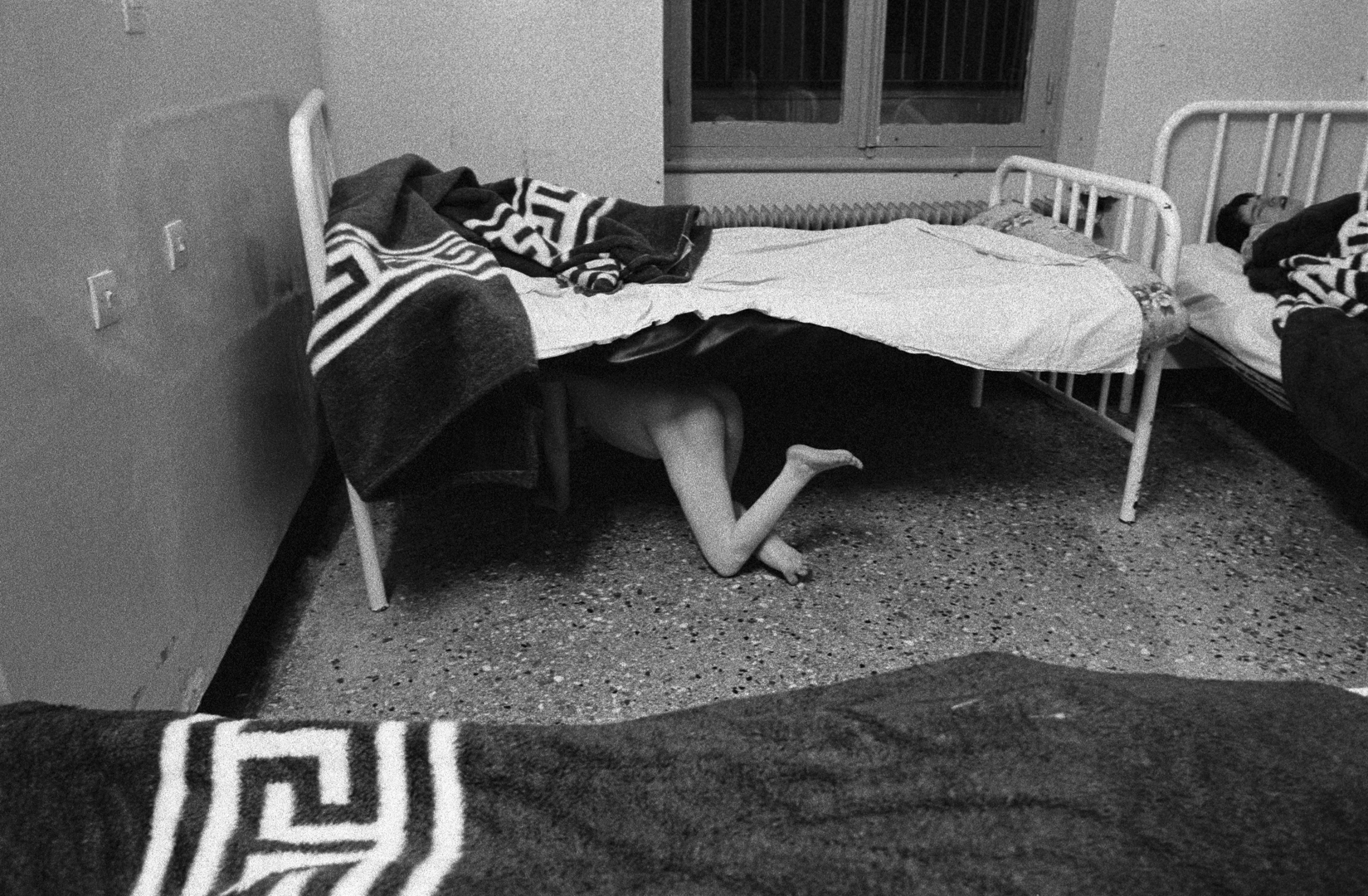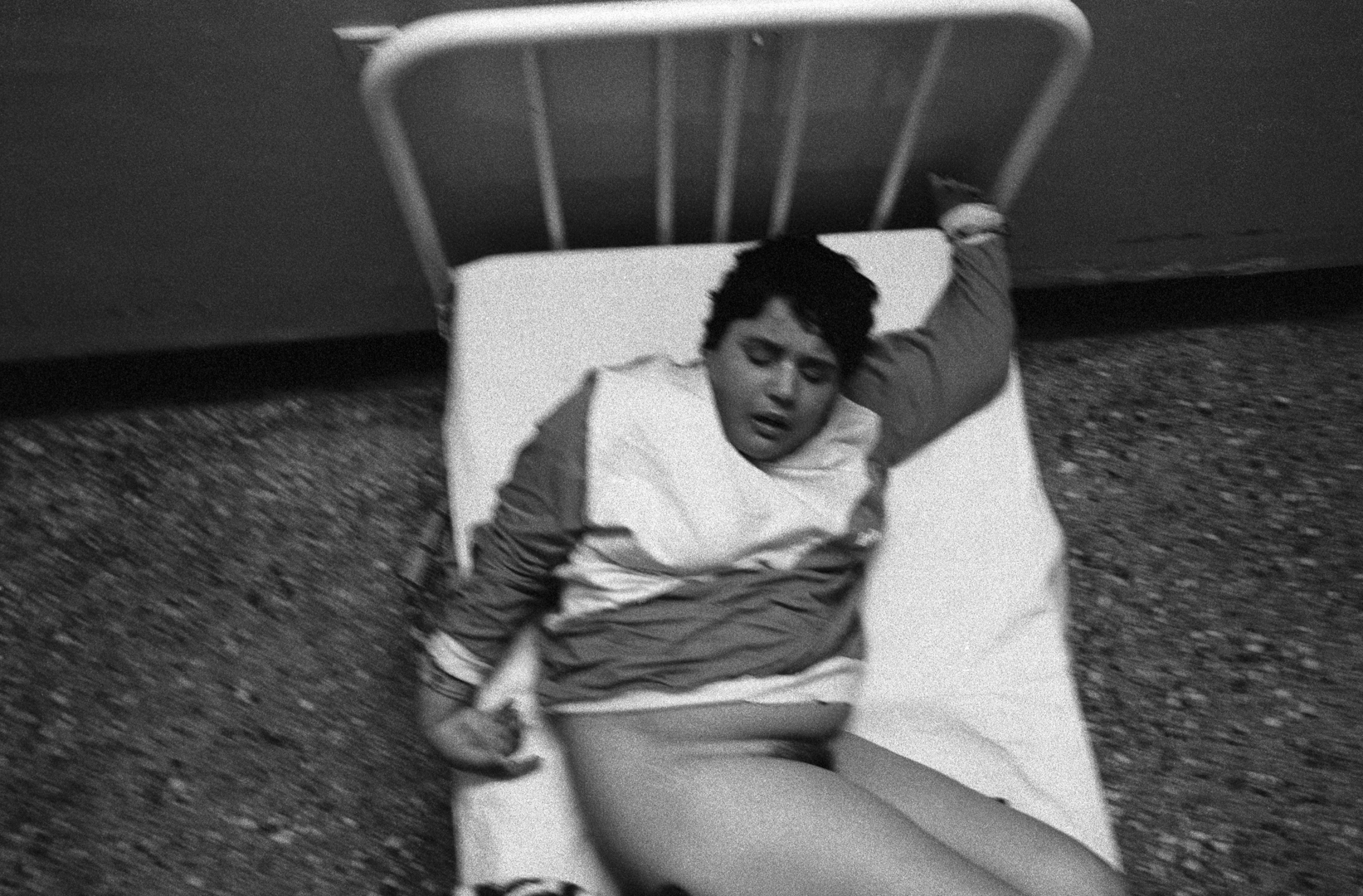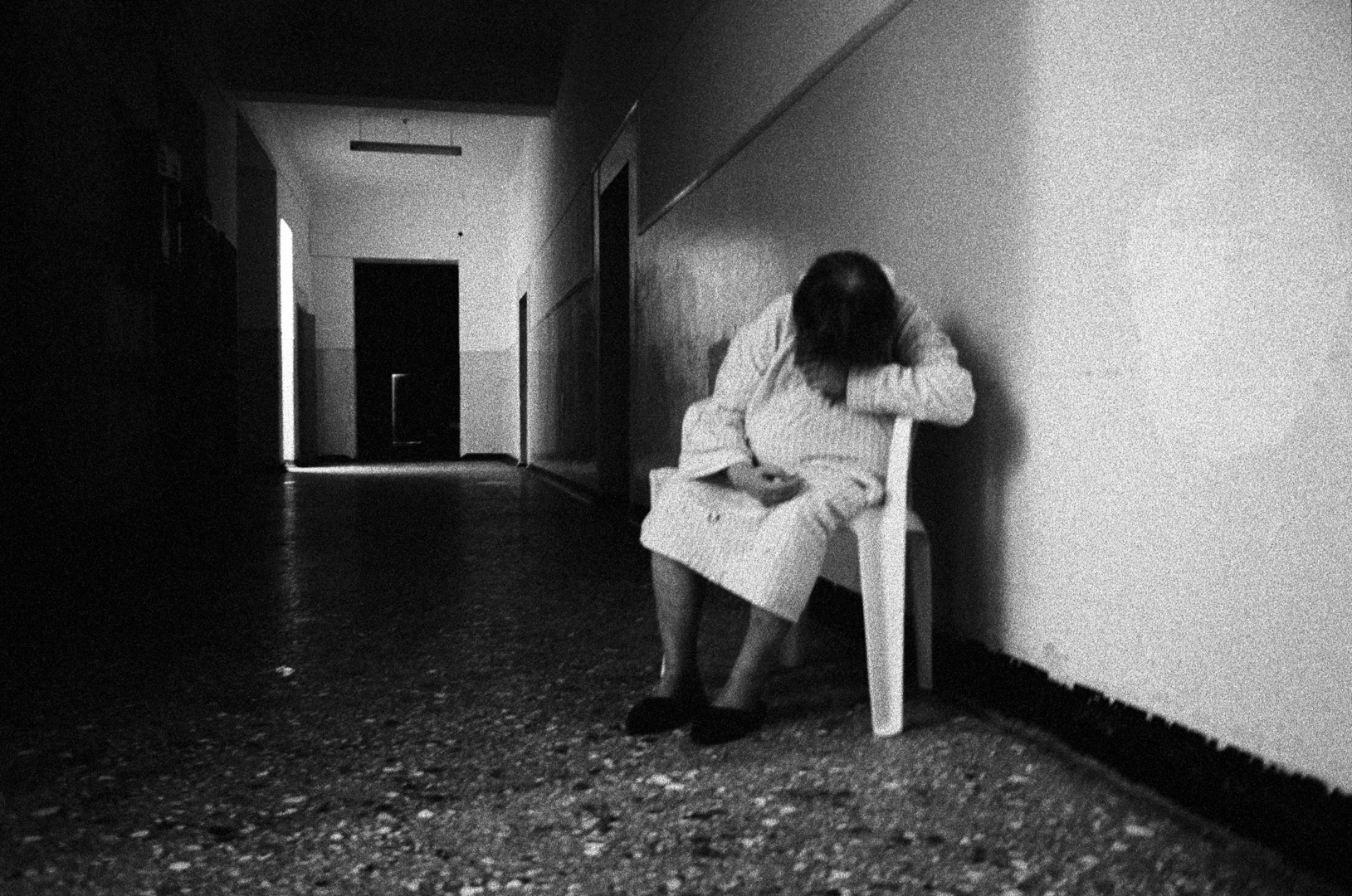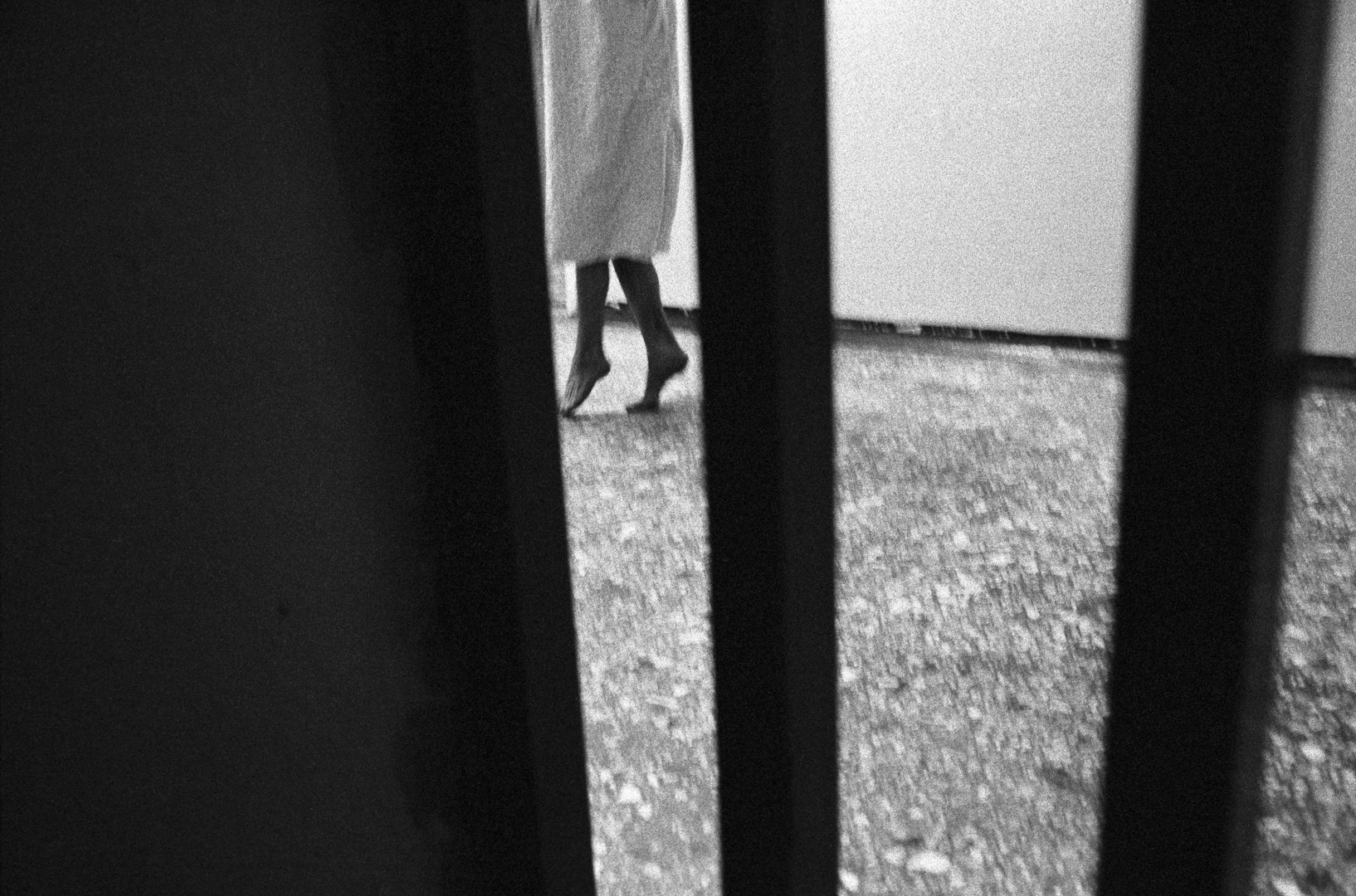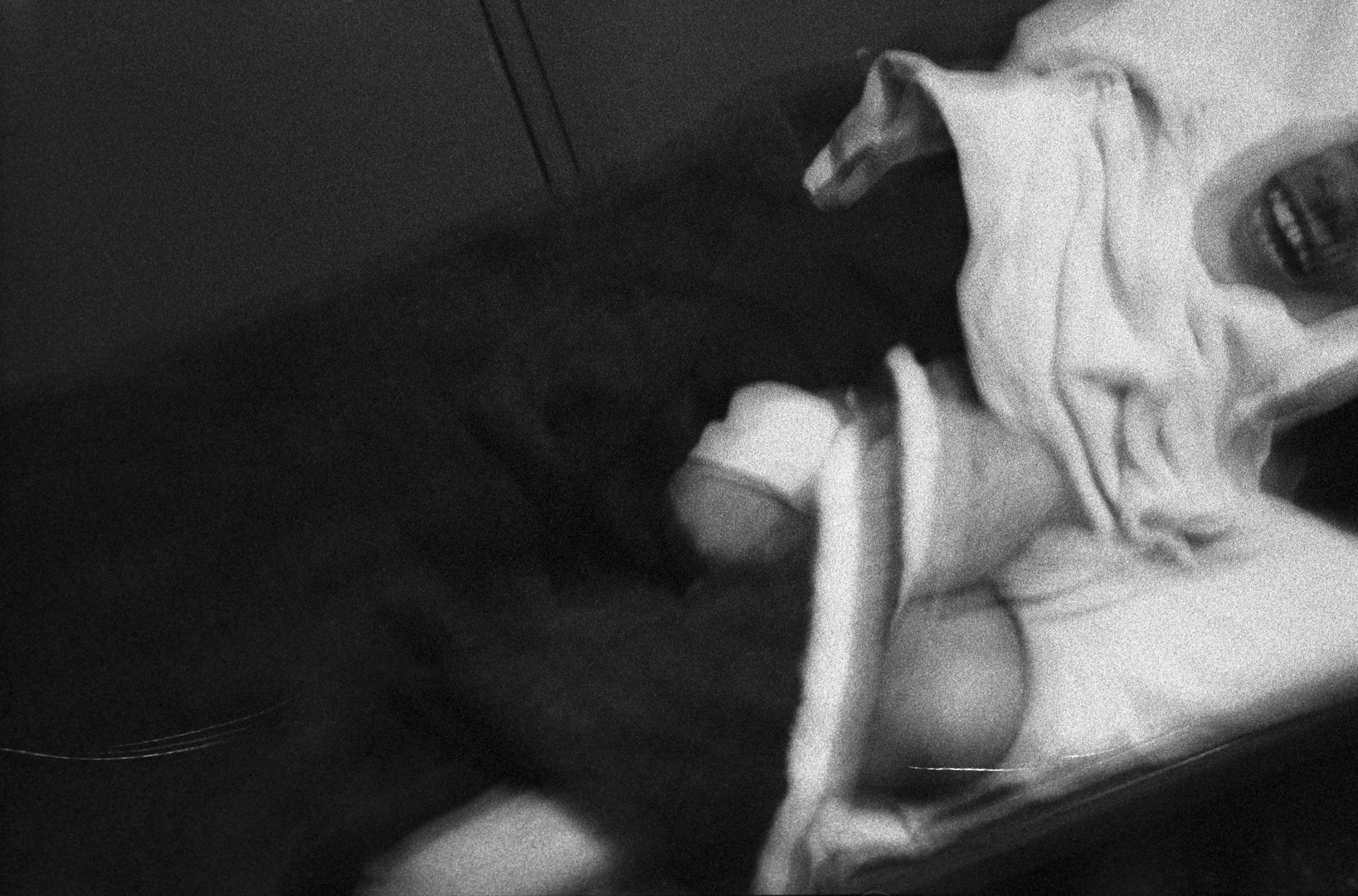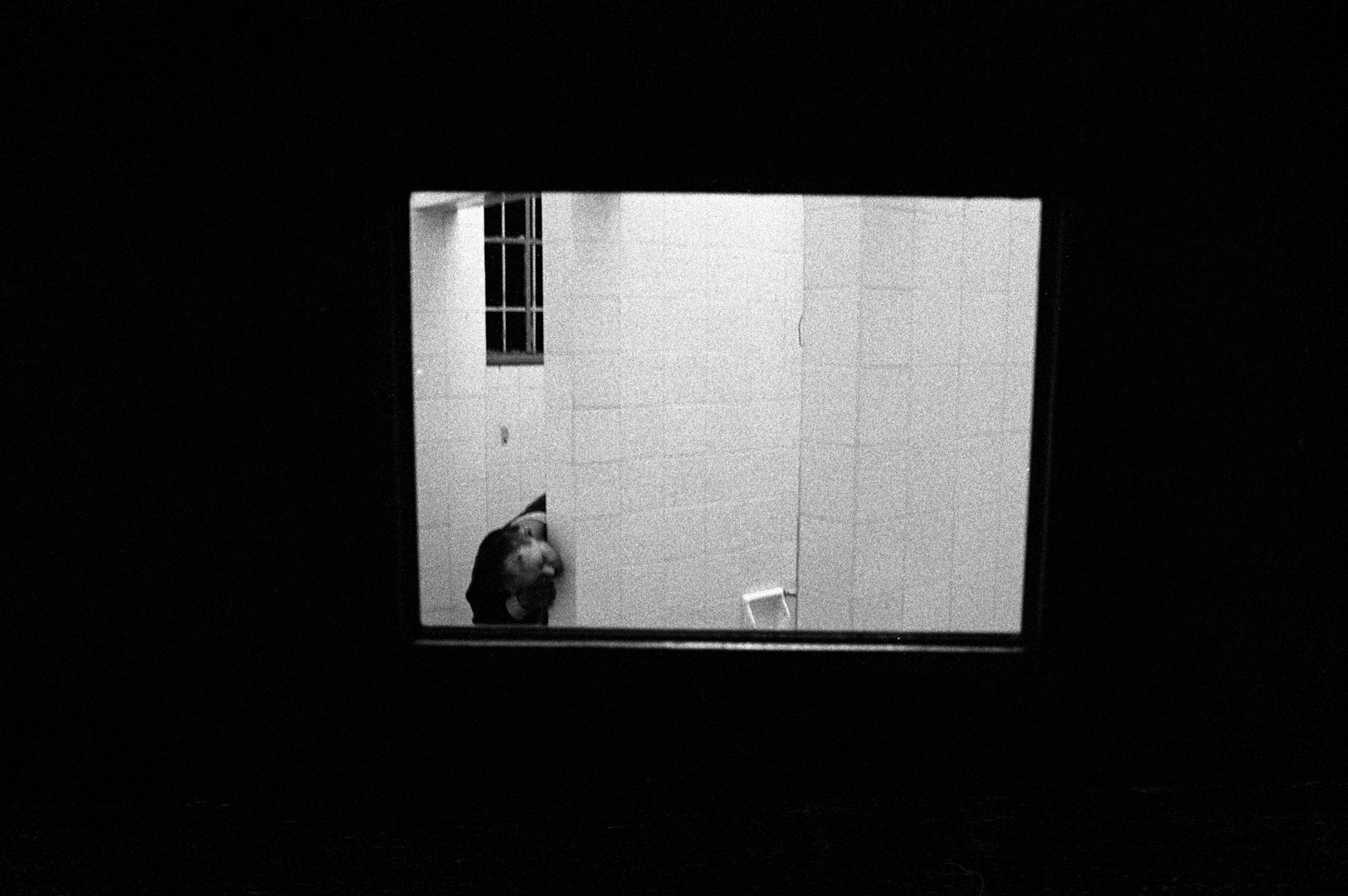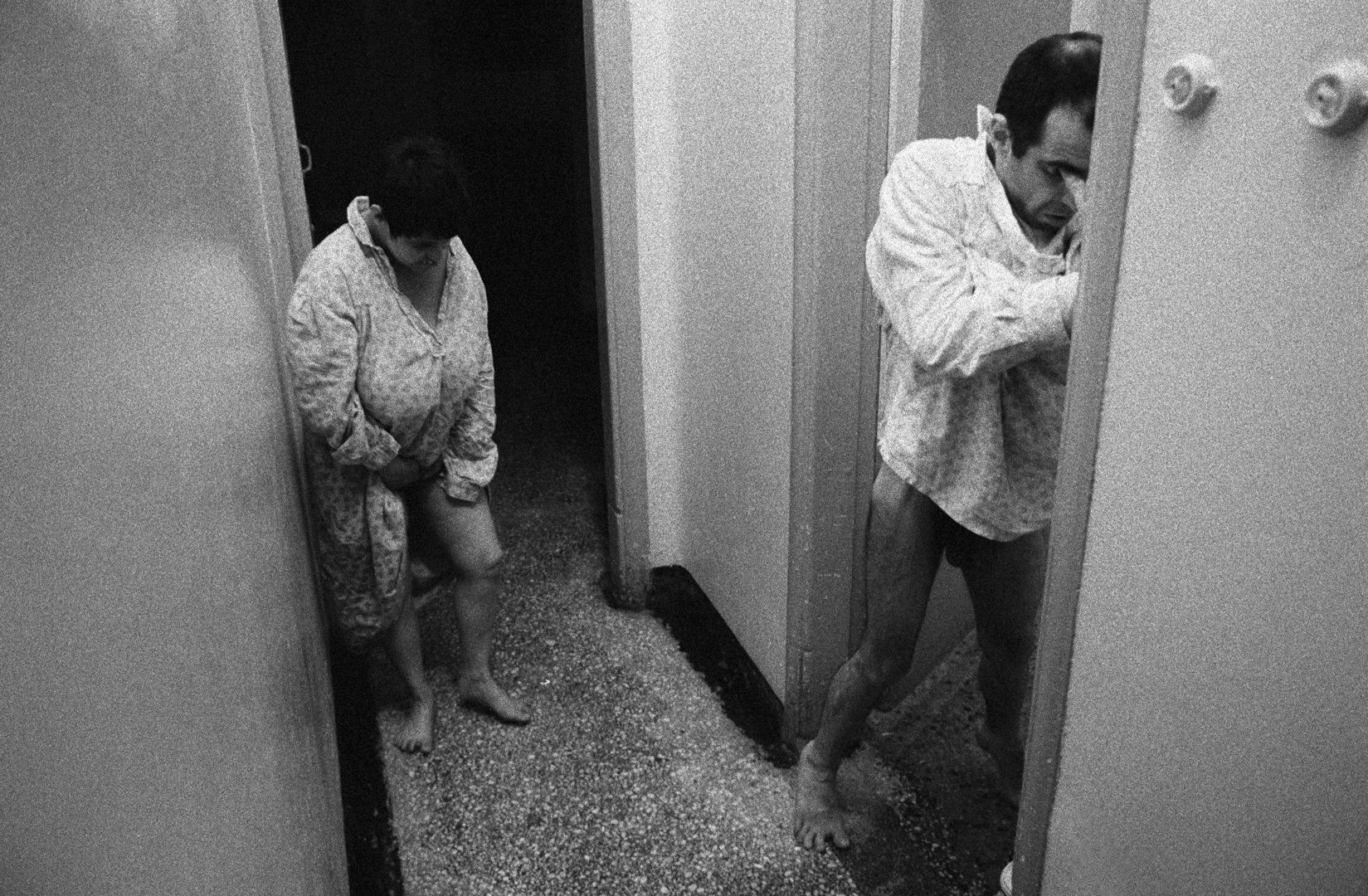Bishop’s Madness, 1999
“ Giatros Thanatos ” ; Doctor Death, that’s how the Agiassos Sanatorium employees nick-named the doctor there from 1996 to 1997. According to these employees, the number of patients during this period fell from one hundred and twenty-two to seventy-seven : forty five deaths when the yearly average was nine. According to the records, this doctor prescribed his patients’ lethal doses of tranquilizers and sedatives. Only a few of the forty five deaths appear in the Sanatorium’s records. In the Sanatorium’s grave yard, corpses can be seen lying at the bottom of their graves, thrown hastily into the ground without a cross or any kind of identification, where the corpse’s state of decomposition corresponds to the Doctor Death period.
Officially the Sanatorium is not a psychiatric hospital but most of the interned are mentally ill. Today the eighty-seven pensioners, blind, physically and mentally handicapped, schizophrenics and psychopaths live together in appalling conditions. There is one part time doctor, three nurses of which two are unqualified, nobody with the professional competence to treat psychiatric patients. In the handicapped ward the lavatories no longer work, the floor is strewn with excrement, outside it is -5°C and snow falls onto the patients through the broken windows.
The Sanatorium, like all the social institutions on the island of Mytilini, is headed by one of the island’s three Bishops. The inhabitants of Agiassos, the town near the Sanatorium, share strong religious beliefs, where they look up to and at the same time fear this all-powerful Bishop who has control over his subjects on both spiritual and material levels. In this isolated region that operates according to feudal rules everything emanates from the Bishop, life and death. “ If the Bishop is unhappy with us he can make our lives very difficult, we try to please him ”, says a farmer working in the Agiassos olive groves.
In 1995, the Sanatorium took on thirty new employees who, for the first time, did not come from the Agiassos region. They decided to write to the council (presided by the Bishop) that manages the Sanatorium, a letter describing the patient’s appalling living conditions with the hope that they might be improved. The reply was abrupt, one month later the Bishop threatened that unless the employees ask for his forgiveness for having dared to write the letter, they would all be dismissed, so losing their precious public servant status, which in Greece is a guarantee of security for life. Hence the Sanatorium’s thirty new employees apologized.
The Orthodox church still influences a large part of social, economic and political life in Greece today, the Sanitorium in Agiassos is an example of the extent of the church’s power and its abuse.
